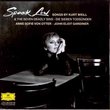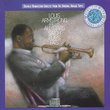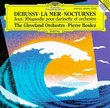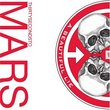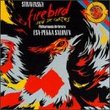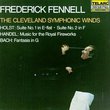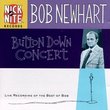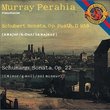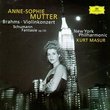| All Artists: Aaron Copland, Ferde Grofe, Morton Gould & His Orchestra Title: Aaron Copland: Billy the Kid and Rodeo Suite; Ferde Grofé:Grand Canyon Suite Members Wishing: 0 Total Copies: 0 Label: RCA Release Date: 5/11/1993 Genre: Classical Styles: Ballets & Dances, Ballets, Historical Periods, Modern, 20th, & 21st Century, Symphonies Number of Discs: 1 SwapaCD Credits: 1 UPC: 090266166725 |
Search - Aaron Copland, Ferde Grofe, Morton Gould & His Orchestra :: Aaron Copland: Billy the Kid and Rodeo Suite; Ferde Grofé:Grand Canyon Suite
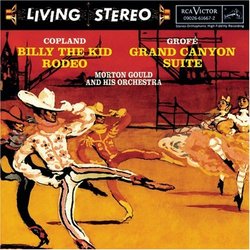 | Aaron Copland, Ferde Grofe, Morton Gould & His Orchestra Aaron Copland: Billy the Kid and Rodeo Suite; Ferde Grofé:Grand Canyon Suite Genre: Classical
|
Larger Image |
CD DetailsSimilarly Requested CDs
|
CD ReviewsSuperb recordings of American classics. Janos Gardonyi | Toronto, Ontario Canada | 04/27/2004 (5 out of 5 stars) "I thoroughly agree with all other reviewers (though I wish some would spell Copland's name right!) Morton Gould conducts with great verve and sensitivity. "Rodeo" is terrific and it also includes the seldom heard "Honky-Tonk Interlude" which is a delight in itself. The Grand Canyon Suite is a highlight with its marvellous orchestration and melodic richness. Although the score is influenced by a number of composers such as Dukas, Ravel, Respighi and even Richard Strauss, it nevertheless feels entirely original. "On the trail" is beautifully rhythmical,one can really feel the trotting of the donkeys, and the sound effects are pure joy. Note the ee-ah-ing of the donkeys, so superbly part of the music. (somewhat reminescent of Mendelssohn's Midsummer Night's Dream overture.) The Cloudburst is a sonic triumph. This recording comes from 1957, but digitally remastered. Sound is demonstration quality. Still probably the best available, highly recommended." Superlative performance of Copeland Rick Burtaine | Allentown, PA United States | 12/25/1999 (5 out of 5 stars) "Billy the Kid & Rodeo were both etched in my soul when as a young boy I listened along with my mother. This performance by Morton Gould remains for me above any other that I have heard and I have heard many given my love for them. This is a re-issue of an original 3 microphone/3 track TRUE stero recording made by RCA in their 'Living Stero' series and originally recorded in 1957. A must have for Copeland listeners. It is a bonus that it also contains 'Grand Canyon Suite.'" Gould conducts Copland and Grofe Robert E. Nylund | Ft. Wayne, Indiana United States | 11/20/2003 (5 out of 5 stars) "It may surprise some to discover that American composer/conductor Morton Gould conducted such fine performances of other American composers' music. These RCA Victor "Living Stereo" recordings are vivid, excellent proof that Gould was a really fine conductor and not just of his own music.The performances of the suites from Copland's ballets "Billy the Kid" and "Rodeo" are among the best ever recorded. They benefit not only from Gould's wonderful sensitivity and appreciation but from excellent playing by the "pickup" orchestra and the still remarkable "Living Stereo" recording process, in which RCA used only three microphones and advanced mastering techniques.Ferde Grofe's "Grand Canyon Suite" was a "labor of love" as the skilled composer/arranger spent considerable time carefully depicting his impressions of one of the greatest natural wonders of the world. Grofe had been a very successful arranger for Paul Whiteman and is still remembered for the very first orchestration of George Gershwin's "An American in Paris," premiered by Gershwin at the piano with Whiteman conducting in New York's Aeolian Hall in February 1924.Grofe composed a number of original orchestral works in later years and the "Grand Canyon Suite" is probably his best. It contains memorable melodies and is skillfully orchestrated throughout. It so impressed Arturo Toscanini that he recorded it in 1945 for RCA Victor, under the supervision of the composer. Grofe himself conducted a recording of the suite for Everest Records in 1960. Gould's recording is excellent. The final movement, depicting a spectacular thunderstorm, is absolutely awesome. I think this recording may surpass an earlier favorite, also recorded for RCA Victor, by Arthur Fiedler and the Boston "Pops" Orchestra.This is all very fun and very exciting American music."
|

 Track Listings (18) - Disc #1
Track Listings (18) - Disc #1